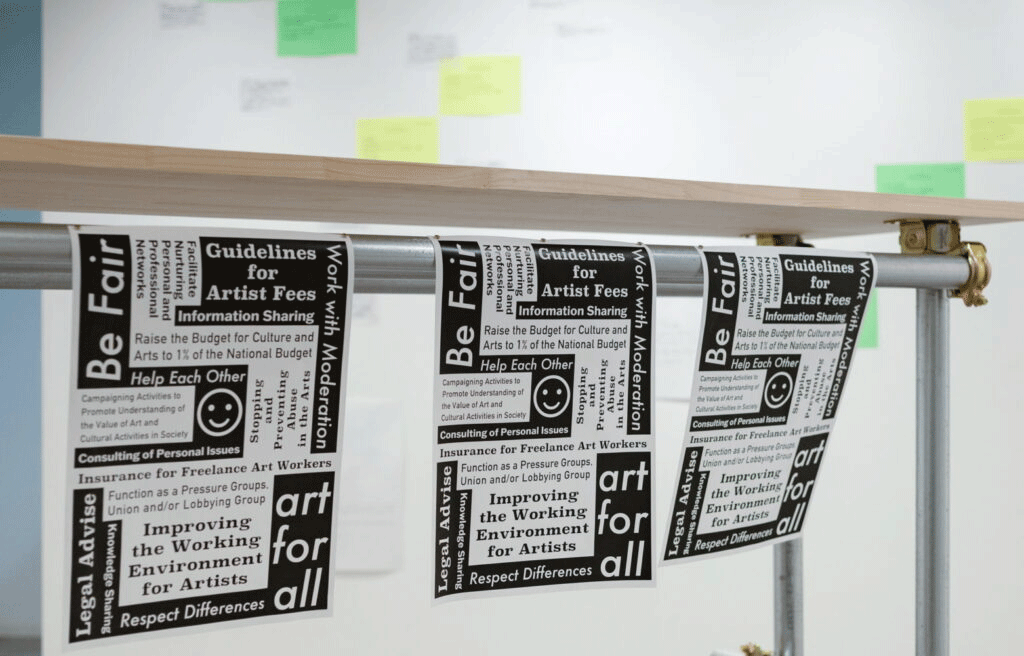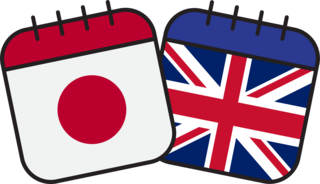
Photo: Toshihiro Kobayashi, courtesy of art for all
Art x Ecology x Solidarity
- 121November 2022
- 12:00pm – 1:15pm
- Online
- https://dajf.org.uk/event/art-x-ecology-x-solidarity
- 020 7486 4348
- events@dajf.org.uk
- Tweet
Through the social media era, and through the recent pandemic lockdown, we have had a uniquely personal and yet collective experience, calling into focus the human needs for solidarity and interdependence. By contrast with charity, solidarity’s core philosophy is that power dynamics are multi-directional, and it acknowledges that everyone has a contribution to make in solving problems. Unfortunately the causes of solidarity are often found in situations of hardship such as inequality, natural disasters and war. From these lows, we seek to rebuild hope in the future.
Artistic solidarity movements bring a novel dimension by introducing different perspectives, sometimes playfulness, or even an element of deliberate confusion to raise questions. These movements can also offer networks for collective support and a forum for discussions amongst peers. Art may have the strength to affect a range of concerns, but could solidarity itself be an art form? What are the key tools to interconnect with people sharing the same interests? Can presenting a collective force change minds and influence the opinions of others? What do artists hope their artworks relating to solidarity will say to future generations? How to sustain the momentum for collectivity whilst respecting each voice from within, and others? How to maintain resilience in the face of doubt and uncertainty?
In this talk moderated by Mark Rappolt, the Editor-in-Chief of ArtReview, the Daiwa Anglo-Japanese Foundation is pleased to invite two speakers, Mirwan Andan and Hikaru Fujii; From early 2019, with ruangrupa, Andan was part of the artistic team of documenta fifteen, which took place in Kassel, Germany, 2022. Whilst as an artist, Fujii’s interdisciplinary practice often entails video installations in response to contemporary social issues and historic accounts. His work is based on intensive research and fieldwork around cultural milieu, alongside close collaboration with different professionals, exemplifying the idea that solidarity and as social activism.
This talk series is hosted by Daiwa Anglo-Japanese Foundation in partnership with art for all, and organised by Yoi Kawakubo, Towa Takaya and Haruna Takeda.
Related event: Art x Ecology x Japan
Events are free: booking is essential.
About the contributors
Mirwan Andan
Mirwan Andan went to Islamic boarding school for six years in Watampone and Makassar, then continued to study French Literature at Unhas, Makassar (1999-2004), and graduated from Comparative Politics, Universitas Indonesia, Depok/Jakarta (2008-2012). In 2005, he moved to Jakarta and joined ruangrupa in 2006. His book editorial works include 20Kuldesak: Networking, Rebelling, Maneuvering, Moving (Kuldesak Network, 2018). He participated in events, including: Independent Creative Art Spaces Leadership Training (Paris, 2007); Enhancing Asia-Europe Meeting Visibility Through Cultural Visibility (Halong Bay, 2010); State Independence – A Global Forum in Alternative Space (Los Angeles, 2011); Berlin Meeting, Responsibility of Religions for Peace (Berlin, 2018); International Visitor Leadership Program (IVLP) On Demand (Washington D.C., Detroit, Pasadena, 2019). From 2016-2018, he worked as the advisor for the General Director of Culture, Ministry of Education and Culture. Since 2014, he has begun to commute from Makassar to Jakarta for family matters and to organize Jalur Timur and in 2018 with his fellow researchers and cultural activist, he founded Riwanua, a project initiative based in Makassar. From early 2019, with ruangrupa, he was part of the artistic team of documenta fifteen, which took place in Kassel, Germany, 2022.
Hikaru Fujii
Hikaru Fujii’s practice is based on the notion that artistic production implies a close relationship with society and history. Mainly in the form of video installation, he creates work that responds to contemporary social issues through detailed research and fieldwork on unique cultures and histories of various countries and regions. Fujii organizes workshops–intersections for interdisciplinary and artistic collaboration between specialists from diverse various fields. Here he reenacts historical events with participants as well as generates a situation where an active discussion arises. His methodology links the present with the past in creative ways, while structurally critiquing the domains of history and society that remain invisible.
